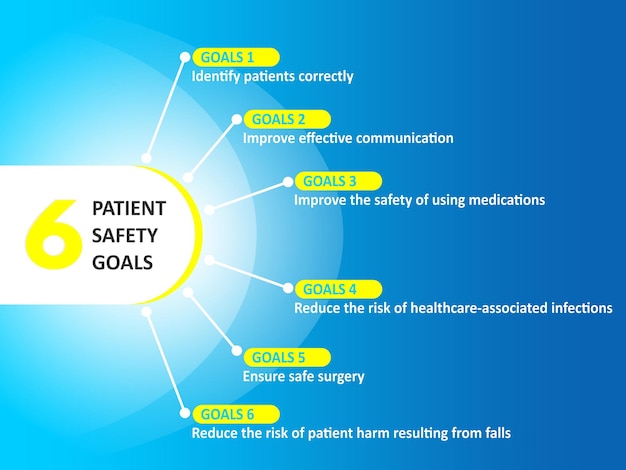
Introduction
Newly qualified nurses (NQNs) play a crucial role in the National Health Service (NHS), especially in light of ongoing staff shortages exacerbated by the COVID-19 pandemic. With the NHS striving to provide high-quality care amidst increasing demand, NQNs are vital to maintaining and improving patient services across the United Kingdom. Their integration into healthcare teams is essential for both patient safety and the wellbeing of the patients they serve.
Current Landscape for Newly Qualified Nurses
In 2023, the NHS has seen an influx of new nursing graduates, the largest cohort in years, primarily due to sustained recruitment efforts and the appeal of stable employment within the NHS. According to NHS Digital, there were over 50,000 newly qualified nurses registered in 2022, a 10% increase from previous years. The demand for these professionals is underscored by a recent report from the Nursing and Midwifery Council, which highlighted a significant gap in nursing staff required to meet patient needs.
These new nurses are entering a healthcare environment that is both supportive and challenging. Many NQNs report a sense of excitement and pride in their roles, although some also express feelings of anxiety about ensuring adequate care and managing high patient loads. The NHS has implemented mentorship programmes aimed at easing this transition, as experienced nurses take on the responsibility of nurturing and guiding their junior colleagues.
Challenges Facing Newly Qualified Nurses
Despite the anticipated benefits of having more NQNs, they face several hurdles. Overwhelming workloads, burnout, and high turnover rates remain significant concerns in the NHS, particularly in acute care settings. A survey conducted by the Royal College of Nursing found that nearly 50% of NQNs experienced high levels of stress attributed to staffing shortages and increased patient demands. Furthermore, recent pay disputes have heightened tensions within the profession, potentially affecting morale and retention rates.
Conclusion: A Bright Future Ahead
As the NHS continues to adapt in response to its challenges, the presence of newly qualified nurses is more vital than ever. Their fresh perspectives and energy can help drive improvements in patient care. Looking ahead, the NHS must continue to invest in training, support, and retention strategies to ensure that NQNs can thrive in their careers and contribute positively to healthcare outcomes. With a supportive environment, newly qualified nurses have the potential to significantly impact the health service, providing essential care to patients and ensuring that the NHS remains resilient and responsive to the needs of the population.
You may also like
The Integral Role of Hospitals in Modern Healthcare

The Role of Face Masks in Public Health Today

The Importance of Patient Safety in Modern Healthcare
SEARCH
LAST NEWS
- Remembering Wendy Richard: The Promise to Co-Star Natalie Cassidy
- How Did Anglian Water Achieve an ‘Essentials’ Rating for Mental Health Accessibility?
- Shai Hope Leads West Indies in T20 World Cup Clash Against South Africa
- What We Know About Weston McKennie: Future at Juventus and Past at Leeds
- What We Know About the Upcoming Live Nation Antitrust Trial